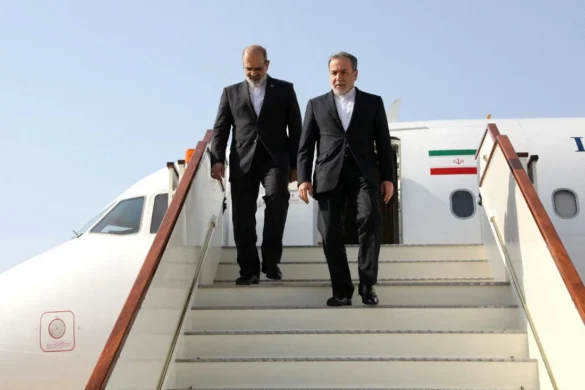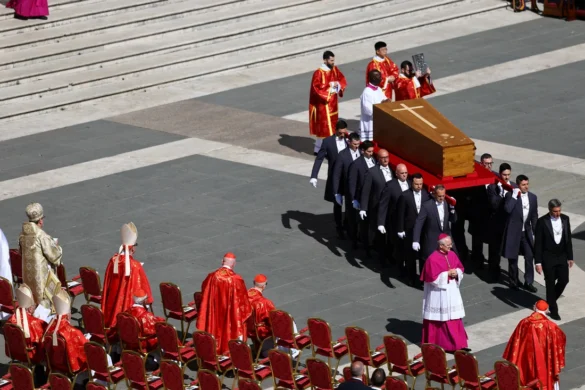U.S. President Donald Trump on Monday said he would discuss military developments with his counterparts from China and Russia in the future, in the hopes of ending what he described as an arms race with the countries.
“I am certain that, at some time in the future, President Xi and I, together with President Putin of Russia, will start talking about a meaningful halt to what has become a major and uncontrollable Arms Race. The U.S. spent 716 Billion Dollars this year. Crazy!” Trump wrote in a tweet, the day after he returned from the Group of 20 meeting in Argentina.
Trump did not provide further details. He signed a $716 billion defense policy bill in August that authorized military spending, strengthened rules to limit Chinese investment in U.S. technology companies and increased spending on missile defenses.
Asked about Trump’s tweet, Chinese Foreign Ministry spokesman Geng Shuang said China was committed to the path of peace.
“We have never participated in any kind of arms race and do not constitute a threat to any country,” he told a daily news briefing.
The U.S. military this year put countering China and Russia at the center of a new national defense strategy, and will withdraw troops from other parts of the world to support the changing priorities.
At the same time, Washington has publicly discussed quitting a landmark nuclear arms control pact with Russia that has been in place since 1987.
Moscow has warned Washington it will be forced to respond in kind to restore the military balance if Trump carries through with his threat to quit the INF treaty, a 1987 agreement that eliminated all short- and intermediate-range land-based nuclear and conventional missiles held by both countries in Europe.
Without the treaty, some European countries fear that Washington might deploy intermediate-range nuclear missiles in Europe again and that Russia might move to deploy such missiles in its exclave of Kaliningrad, which would once again turn Europe into a potential nuclear battlefield.
In March, China announced an 8.1 percent rise in defense spending, the biggest rise in three years, fueling an ambitious military modernization program and making its neighbors, particularly Japan and Taiwan, nervous.
Chinese state media has described the increase as proportionate and low, and said that Beijing has not been goaded into an arms race with the United States. It rejected “finger-pointing from the usual suspects.”
It said China’s defense budget was neither the largest in size, accounting for just one-fourth of the military spending of the United States, nor the fastest growing. But Beijing’s spending figure is closely watched worldwide for clues to China’s strategic intentions as it develops new military capabilities, including stealth fighters, aircraft carriers and anti-satellite missiles.




